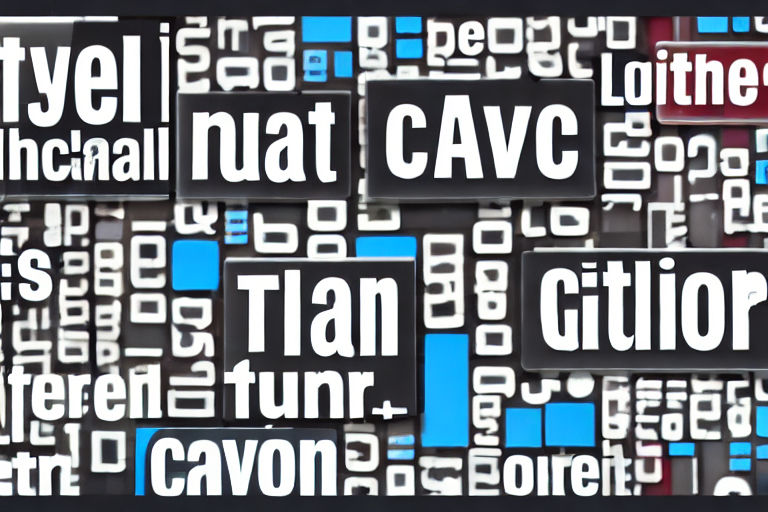Exploring the Top Python Libraries for Natural Language Processing
Natural Language Processing (NLP) is a subfield of Artificial Intelligence (AI) that involves the interaction between computers and humans in natural language. NLP plays a vital role in various applications such as chatbots and machine translation. In this article, we will explore the top Python libraries for NLP that can be used to perform a wide range of tasks on text data.
1. NLTK (Natural Language Toolkit)
NLTK is one of the most widely used libraries for NLP tasks. It provides various tools and methods for tasks such as tokenization, stemming, tagging, parsing, and more. NLTK is easy to learn and is suitable for beginners in NLP.
2. SpaCy
SpaCy is another popular Python library used for NLP tasks. It provides high performance and efficiency in processing large amounts of text data. SpaCy offers multiple language models and pre-trained word vectors that can be used for various NLP tasks.
3. Gensim
Gensim is a Python library used for topic modeling and document similarity analysis. It is a powerful library for unsupervised learning on text data. Gensim provides an easy-to-use interface for building topic models and analyzing document similarity.
4. TextBlob
TextBlob is a Python library used for processing textual data. It provides an interface for tasks such as sentiment analysis, part-of-speech tagging, and noun phrase extraction. TextBlob is built on top of NLTK library and is easy to use.
5. PyTorch-NLP
PyTorch-NLP is a Python library built on top of PyTorch for NLP tasks. It provides support for various state-of-the-art models such as BERT, GPT-2, and Transformer-XL for tasks such as text classification, language modeling, and more. PyTorch-NLP is suitable for advanced NLP practitioners.
Conclusion
Python has a strong ecosystem of libraries and tools for NLP tasks. In this article, we explored some of the top Python libraries for NLP, such as NLTK, SpaCy, Gensim, TextBlob, and PyTorch-NLP. Each library has its unique set of features and use cases, and choosing the right library depends on the specific NLP task at hand.





